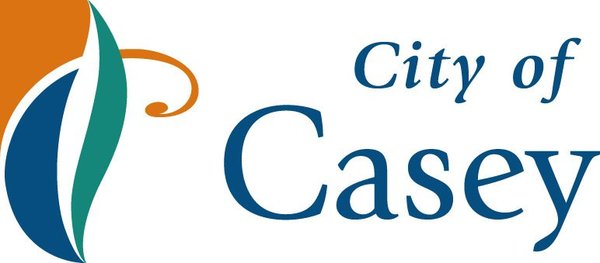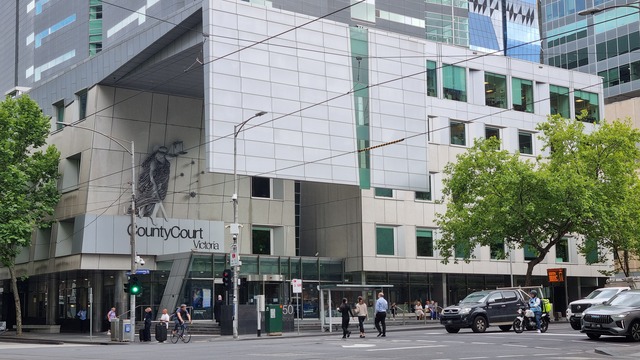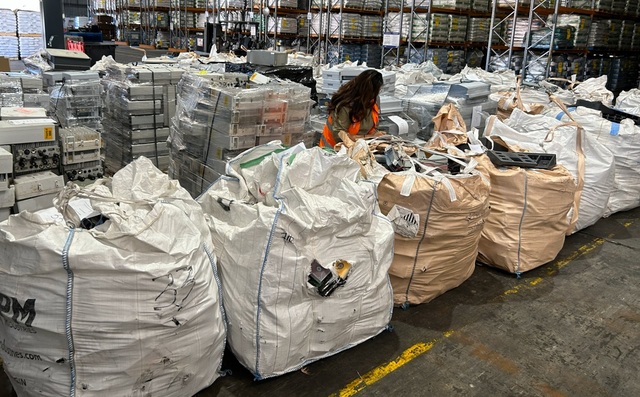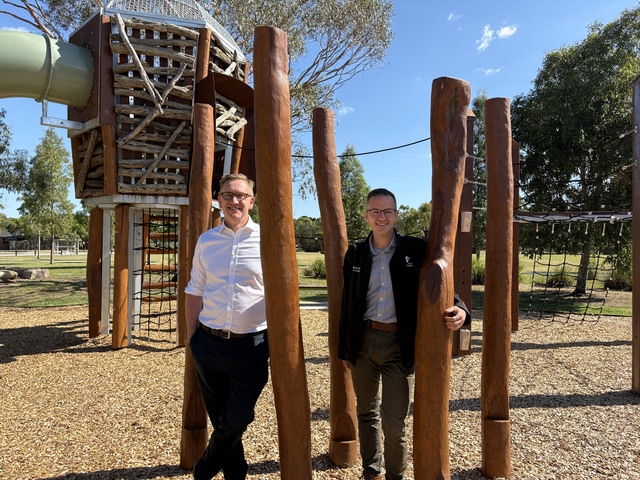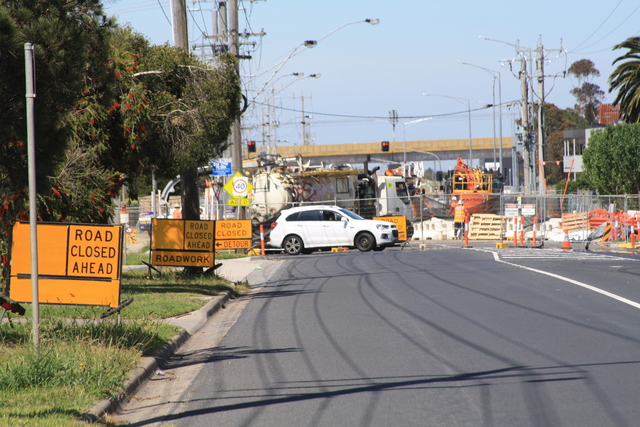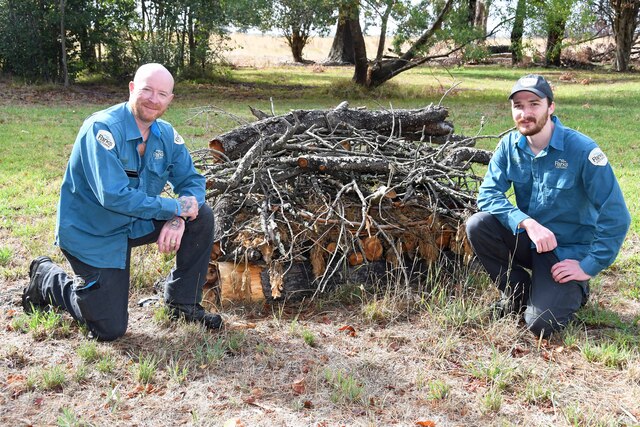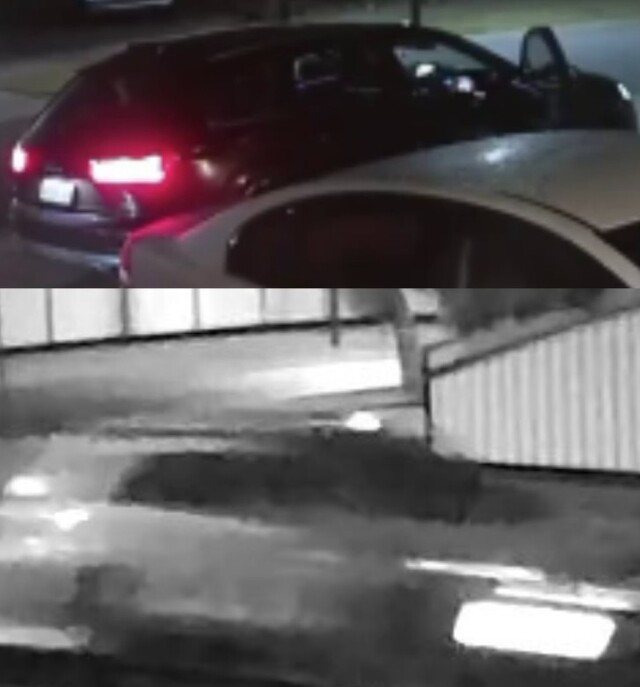A former Casey local laws manager claims the council is not doing enough to address animal cruelty within the municipality
Following the release of RSPCA data in February that the City of Casey had recorded the second-highest number of animal cruelty reports in Victoria for the third year running, Rod Bezanovic, a former team leader of local laws at the City of Casey, said a key factor that could allow council workers to adequately investigate claims of animal cruelty had been repealed.
Mr Bezanovic worked for the City of Casey for ten years, from 2008 to 2018.
He explained that council officers can be authorised under the Prevention of Cruelty to Animals Act to investigate cruelty to animals in their municipality.
During his time with the council, Casey’s rangers were authorised.
This meant that they could investigate any potential animal cruelty cases they came across, rather than calling in the RSPCA.
“It makes sense in an area the size of Casey and with such a high number of [animal cruelty] matters that the more people investigating the better,” he said.
However, Mr Bezanovic said this authorisation was removed after he left the council – he believes as a cost cutting measure.
“I got the officers authorised to investigate cruelty to animals, then I left in April 2018 and soon afterwards their authority was rescinded – by management, I believe,” he said.
“They used to say, ‘we’re not the lead agency investigating these claims’, which I agree with, but when you investigate other animal issues it makes sense to have this in the tool chest.
“If for instance you come across an issue like a barking dog, and it becomes apparent that it’s cruelty, you can deal with both concerns as opposed to calling the RSPCA.”
That’s not to say the team didn’t report to the RSPCA at all.
Rather, they worked to supplement the RSPCA’s ability to investigate all cases of animal cruelty in the area.
“If people used to phone up and report a cruelty matter, we would refer it to RSPCA as the lead agency investigating animal cruelty,” Mr Bezanovic explained.
“If there were concerns about other animal issues and people came to us and if we then stumbled across animal cruelty concerns, we could deal with them.
“We wouldn’t go out looking, but if we found something, we would deal with it.”
They obtained their authorisation from the secretary of the Department of Agriculture.
Mr Bezanovic said management at the council tried to remove the authorisation “a couple of times” during his tenure.
“I wouldn’t allow it to happen,” he said.
The City of Casey’s manager of safer communities, Caroline Bell, confirmed that the authority for investigating reports of cruelty to animals was left with the RSPCA in 2018.
“This decision is in line with the practice observed by the majority of Victorian Councils and recognises the responsibility and Government funding provided to the RSPCA for this role,” she said.
“All Local Laws officers respond to animal complaints, however any complaints regarding animal cruelty, including those identified by officers in the course of their duties are referred to the RSPCA for investigation.”
She added that through the council’s enforcement of the Domestic Animals Act 1994, the council could promote components of animal welfare.
During Mr Bezanovic’s time with Casey, officers investigated a number of puppy farms within the municipality as well as lack of care complaints for many animals, with the most common being lack of food, water, shelter or vet treatment.
He believes local laws officers can work hand-in-hand with RSPCA authorised officers to address animal cruelty in the City of Casey, especially given the limited number of RSPCA officers available in the area.
“The only losers here are domestic animals,” he said.
“There is not enough support to investigate all cruelty cases in the City of Casey. The more feet you have on the ground the better.
“It is quite abhorrent what animals are going through.”

